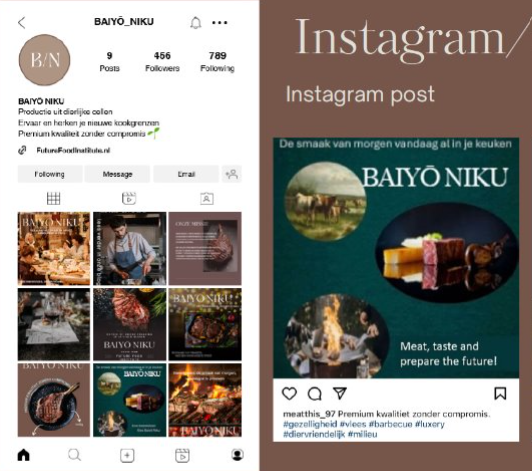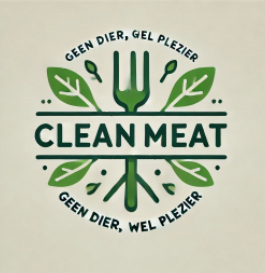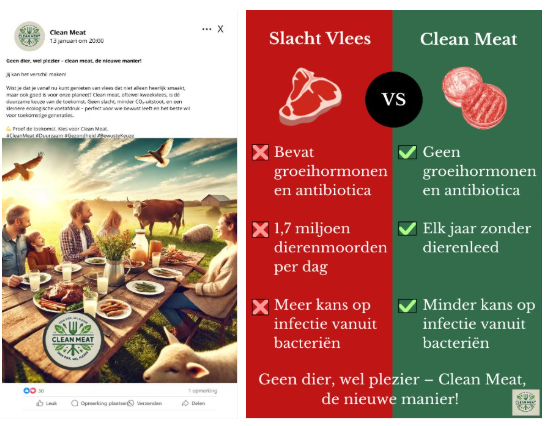Same product, two entirely different campaigns: how our Food Profiles can shape marketing strategies
Two people may share the same age, income bracket, or postcode, but what ends up on their plates can be entirely different because food choices are shaped by personal values. So, in order to truly understand the food choices that people make, we conducted extensive research and partnered with Food Cabinet to develop six distinct Food Profiles that are grounded in the specific motivations and values behind food behaviour, rather than broad lifestyle categories or generic consumer segmentation.

These Food Profiles offer a ready-to-use framework that allow food marketers to easily pinpoint which group to target, with each profile reflecting unique attitudes towards key themes such as sustainability, health, trends, convenience, familiarity, affordability, and quality. In a crowded food market, aligning with the right consumer audience can be the difference between resonance and rejection, which is why having a food-specific framework rooted in real consumer values is so important.
So, what drives your audience? What values guide their food choices?
When food brands take the time to understand this, it leads to sharper strategies, stronger campaigns, and more relevant messaging. That’s exactly what our Food Profiles are designed to deliver, removing the need for companies to invest time and resources into building their own segmentation models from scratch.
If you’re wondering where to start, consider booking a discovery workshop or exploring how your current brand positioning aligns with one of our Food Profiles. It’s a practical step towards ensuring your marketing speaks to the right audience with the right message.
Food Profiles in Practise
To illustrate how easy it is to use our Food Profiles and how useful they can be, we collaborated with the The Amsterdam University of Applied Sciences and tasked Food and Nutrition students to create a marketing campaign for a cultivated meat product, allocating two groups with a specific Food Profile to target.
Group One: The Experimental Home Chefs:

Targeting the Experimental Home Chefs Food Profile, Group One produced a campaign focused on quality and culinary exploration, captured by the brand name of Baiyō Niku which is Japanese for “cultured meat” and evokes the chic and premium allure of wagyu.
The group identified their ideal target customer profile as someone who is financially comfortable, enjoys socialising with family and friends, and has a passion for experimental cooking. However, they also acknowledged the need to address potential concerns about trust, transparency, and the price of cultured meat to ensure consumer acceptance of a new and relatively unfamiliar product. To do this, Group One understood that a marketing campaign must heighten awareness regarding the production process, benefits, and safety of cultured meat, suggesting that the use of celebrity chefs in advertisements, alongside building a strong social media presence, could work as effective marketing strategies.
When envisioning an Instagram feed, the premium quality of the product was emphasised by subtle cues such as using a dark colour pallet, minimalist and sleek typography, and stylised photography; all of which evoke connotations of elegance, refined taste, sensory appeal, sophistication and the aesthetic of high-end food magazines. Altogether, the campaign positioned Baiyō Niku as an innovative, premium culinary experience designed to appeal to adventurous home cooks that seek both quality and inspiration in their food choices.
Group Two: The Conscious Front Runners:


Group Two were assigned the Conscious Front Runners Food Profile: a group who prioritise the environment, ethical sourcing, and health in their food choices. Considering these factors, they created a product called Clean Meat.
The use of the colour green in their logo emphasised the sustainability of their product, whilst the name of the brand itself was a clear and effective way to convey the product as morally, nutritionally, and environmentally “clean”. Their simple slogan “geen dier, wel plezier” (no animals, just pleasure) further reinforced this message, highlighting that the product makes the enjoyment of eating meat possible without the ethical compromise associated with traditional meat options.
This message was brought to life through a warm and relatable campaign featuring a Facebook post of a family dining outdoors in harmony with animals and a caption that placed the onus on the consumer to be a difference maker themselves. This type of post paints a future where animal welfare and meat enjoyment can coexist, made possible through the agency of the consumer to make ethical choices. Additionally, the group included a clear infographic showing a side-by-side comparison between traditional meat and Clean Meat, using facts to illustrate the benefits of choosing their product. Overall, the campaign positioned Clean Meat as a thoughtful and ethically driven choice, aligning closely with the values that guide the decisions of Conscious Front Runners.
Why it Matters
These student campaigns show just how powerful the right insights can be in shaping how a brand communicates. Two groups marketed the exact same product, yet their outcomes were entirely different, shaped by the distinct values of the Food Profile that they aimed to target.
The takeaway from this is that when brands understand who they are speaking to and why that audience make the food choices they do, strategy sharpens and messaging resonates.
Whether you’re launching a product, refreshing your brand, or refining your messaging, our Food Profiles can help you move from broad assumptions to actionable direction.
Start by booking a discovery session or exploring how your current positioning aligns with one of our six profiles.
Big thanks to Toni Mazel for making this exercise possible!
We can help you to optimise your product or service, by offering real feedback from real consumers. Find out more here.
We believe that understanding consumers is key to making the food system more sustainable. Successful innovation and impactful communication require a solid foundation of consumer insight.
We are the insights partner of choice for food companies and non-profits that aim to have a positive impact on society and our planet. Together we empower consumers to make food choices that are good for them as well as for the planet.
The Hague Tech - Waldorpstraat 5 - 2521CA - The Hague
(+31) (0)70 2042314 - Info@futureoffood.institute
Contact
Fill in this form and we'll be in touch shortly!
Newsletter
Do you want to receive a monthly dose of insights, opinions and events? Please subscribe to our newsletter.











